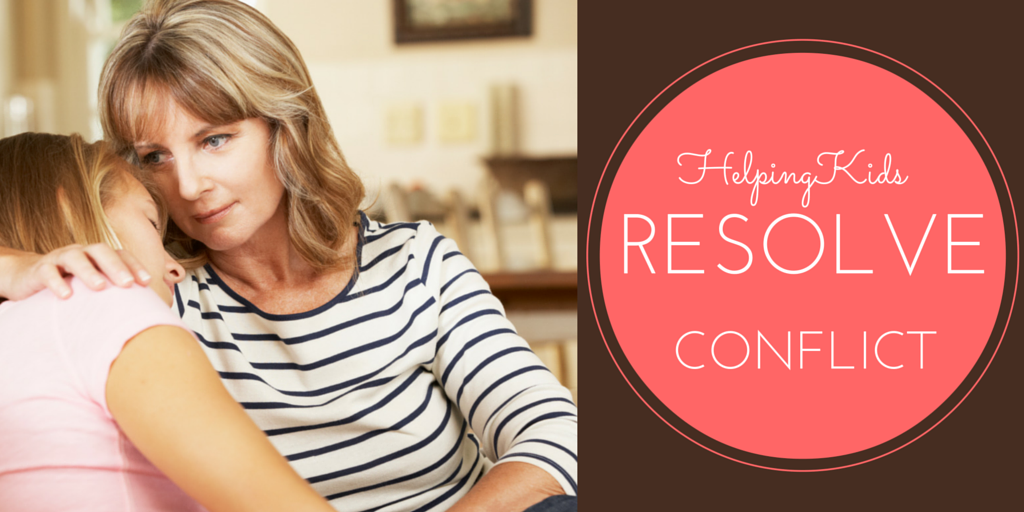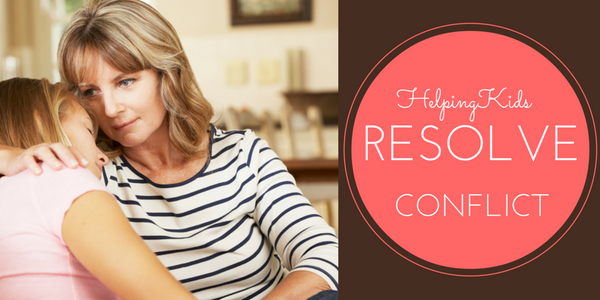We loaded our five children into our minivan for a family trip. After everyone was buckled, we backed out of our driveway and noticed that our gas tank indicator showed "140 miles to empty."
Our destination was 141 miles away.
I suggested to my husband, Ryan, that we stop to fill up at the closest gas station on our way, which is 12 miles from our house. Ryan disagreed and thought we should wait to fill up until closer to our final destination.
I prefer to have a full gas tank before starting a trip. I don't like to watch the miles tick down and wonder if we'll be able to find a gas station when our tank is close to empty. Ryan would rather wait until later to fill up because we might find a lower gas price at a gas station closer to our destination.
Who is right?
I'd like to say that we calmly came to a quick solution to our disagreement. Unfortunately, that was not the case.
Instead, we spent the entire 12 miles to the closest station arguing about it, all with the kids witnessing our every word.
That 12 miles felt like it took days.
Eventually, Ryan relented. He pulled into the gas station and got out to pump the gas. I think he even slammed his door as he got out (but that might just be my interpretation). He was only outside for a couple seconds, and then he got back in the car and started it. He muttered under his breath, "I forgot my wallet, and we have to go back home to get it."
Silence ensued until our oldest son, Maguire, piped up and stated, "Wow, Dad, it's a good thing we didn't drive all the way and then get gas like you wanted to."
I'd like to say that I did not revel in the feeling of "being right" for a little while, but that would be a lie.
Thankfully Ryan laughed, apologized for being stubborn, and agreed with Maguire that he was happier to find out this close to home that he didn't have his wallet with him. I apologized, too. We talked, and everyone laughed the whole way back to our house to retrieve the wallet.
It turned out comical, but we could have done better.
Husbands and wives are generally very different people. Physical differences aside, husbands and wives often have very different personalities. They look at the world from different perspectives. They solve problems in different ways. These differences can make for amazing teamwork, but they can also lead to serious disagreements.
Ryan is very detail-oriented and likes to map out a plan before doing anything. In hindsight, he says that getting gas at our nearby station was not in his original plan, so he became inflexible. He struggles when his plans are disrupted. On that day, my idea to get gas closer to home was the disruption of his plan.
I like to have gas in the tank before a trip so I don't have to think about any of the details during the trip. I hate details and plans, so I get them out of the way before I can have fun. In hindsight, I realize his plan was equally valid (minus the wallet situation), and might have even saved us money.
Neither of us was right, and neither of us was wrong. We just had a difference of opinion. We disagreed. We argued about it because we are both stubborn and wanted to get our own way. Instead of arguing, we both should have shown some humility and grace. Then we could have discussed our options and made a decision we could both live with. We both need to be more flexible. We both need to compromise more. We are real people who often get this right, but at times we obviously don't.
Disagreements will always occur. Diffusing them takes love, understanding of different personalities, and a willingness to compromise. Love demands that we fight our individual need to be right, and work together as a team instead. We need to build each other up in order to truly fill the tank.










